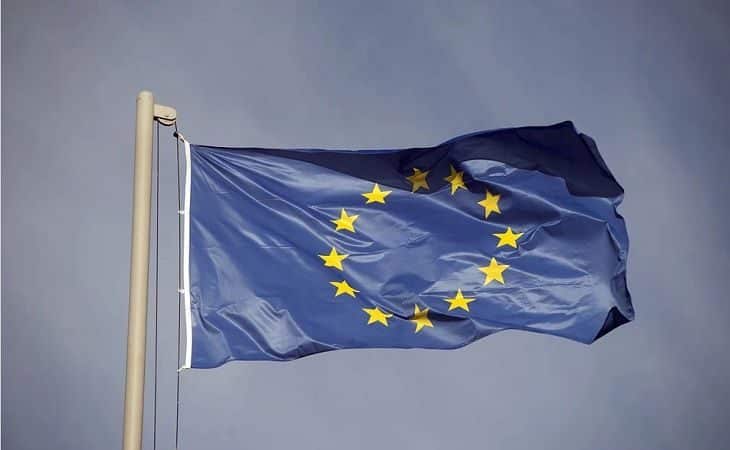
The leaders of the European Union countries decided to extend sectoral sanctions against Russia.
These restrictive measures were initially introduced seven years ago after Russia annexed Crimea, according to European politicians.
But later they were tied to the “Minsk agreements” (negotiations to resolve the conflict in Donbass), which, according to the EU, the Kremlin does not comply with.
The head of the European Council, Charles Michel, wrote about the decision to extend economic sanctions on his Twitter account.
Moscow must fulfill its part of the Minsk agreements,” he said.
At the same time, he noted that the EU will continue to consider formats and conditions for potential dialogue with the Kremlin.
As for the sanctions, they affected the financial, energy and defense sectors.
Some Russian banks and companies have had their access to the EU capital market limited, and they are prohibited from importing weapons and dual-use goods, as well as selling some European technologies for oil production to Russia.
The sanctions were first introduced on July 31, 2014. Their validity period was one year.
In March of the following year, sanctions were tied to the Minsk agreements, requiring the Kremlin to fully implement the agreements.
Since then, sanctions against Russia have been extended every six months.

